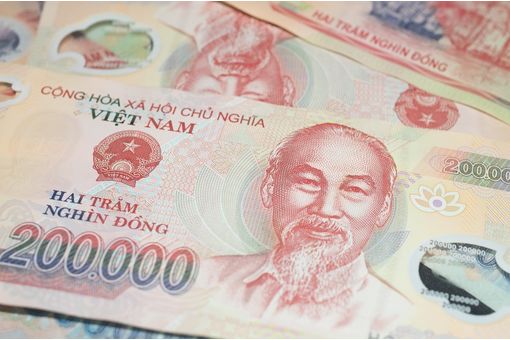Interviews
OEKO-TEX focuses on socially acceptable textile production
26 Nov '12
4 min read
Environmentally friendly and socially acceptable production conditions will continue to be one of the greatest challenges of the textile industry – that was the bottom line of this year's meeting of the OEKO-TEX General Managers which took place from 12 to 14 November in New York.
In reaction to growing public awareness in this field, global brands and their supply companies in the production countries are increasingly using independent certifications as public and trustworthy documentation of their commitment to human-ecological product safety and sustainability.
According to OEKO-TEX managers, one manifestation of this trend is the positive global development of certificates issued according to OEKO-TEX Standard 100, for which the record number of 11,806 certificates was recorded for the last twelve months alone. At the same time the OEKO-TEX Association announced the introduction of the “Sustainable Textile Production” (STeP) certification for next year, a revised version of the current OEKO-TEX Standard 1000.
It offers all production companies along the textile value chain the option to have the sustainability of their production conditions evaluated and audited by the independent OEKO-TEX institutes on the basis of a scoring system.
‘With its modular concept,’ says OEKO-TEX General Secretary Dr Jean-Pierre Haug, ‘the new certification tool highlights all central business areas such as quality management, use of chemicals, environmental protection, environmental management, social responsibility as well as health and safety.
The specific tailoring to the situation in the textile and clothing industry provides interested companies with targeted support for continuous improvement of their production conditions. The STeP certification for sustainable textile production will first be presented to the public on 26/27 March 2013 in the framework of the Prime Source Forum in Hong Kong.
The focus of the General Managers meeting was on the resolutions for the revised version of the OEKO-TEX Standard 100 test criteria which will be integrated into the standard at the beginning of the year as usual. Testing of relevant textiles for alkylphenol ethoxylates (APEOs), which was agreed last year already, will finally become binding from January 2013. This supports the effort to ban this environmentally harmful group of substances, which are mostly used as surfactants, from textile production.
Popular News
Leave your Comments
Editor’s Pick
Therese Premler-Andersson
Textile Machinery Association of Sweden (TMAS)
Ritesh Dodhia
Dodhia Synthetics Limited
































-Ltd..jpg?tr=w-120,h-60,c-at_max,cm-pad_resize,bg-ffffff)





.jpg?tr=w-120,h-60,c-at_max,cm-pad_resize,bg-ffffff)
.jpg?tr=w-120,h-60,c-at_max,cm-pad_resize,bg-ffffff)






